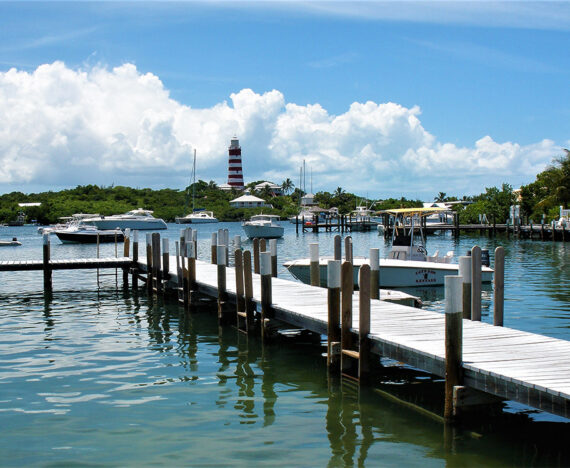“Remember child, de sea ent got no back door!” 1
This warning, told to every child by a parent or elder sibling prior to another visit to the beach, reminds the young of the hidden dangers that await the careless there. Over the years this expression remains embedded in our imaginations prompting us to always respect the sea’s changing moods.
Like most of our Caribbean family, the waters surrounding Barbados define much of our existence. This sea has been a common and unifying experience throughout our history.
“Like all who live on small islands, I must always be remembering the sea
Being always cognizant of her presence
Viewing her through apertures in the foliage
Hearing when the wind is from the south…” 2
In Barbados we have a very involved and contested relationship with the sea. Like that arbitrary gal-friend who we can count on for an entertaining day out: we appreciate her vitality, celebrate her many moods while always viewing her with some level of suspicion because of her unpredictability! These conflicting experiences with the sea are also referenced in our folklore: childrens’ clapping games, folk songs etc, making this particular tension part of the very fabric of life on the island.
“Row Row Nanny, Row Row Nanny down in Oistins Town,
Row Row Nanny, Row Row Nanny down in Oistins Town,
Life’s a thimble top, half a drop, I going knock your partition down!
Life’s a thimble top, half a drop, I going knock your partition down!” 3
Undoubtedly however, our island’s beaches are among some of the very best spaces for rest and relaxation to be found anywhere! Our islanders’ daily reliance on it as a space to heal and unwind was re-emphasized when national restrictions to social gatherings, implemented as a response to the Covid 19 pandemic, resulted in much outcry against the limit to time spent on the beach. (Government conceded somewhat and extended the time allowed during the second national Covid shut-down.)
Based on Barbados’ reliance on the sea’s many gifts for various livelihoods, and the role she plays in feeding the people, it is expected our fraught relationship with her will continue indefinitely. After all, the recent history of this relationship started with conflict: the sea was the route used to bring most of our ancestors to these shores, the forced migration of peoples from Africa has been the primary contributor to the current peopling of this Caribbean. Those ancestors brought with them their belief systems and practices some of which remain with us to this day. Among these was an appreciation of the ocean as a sacred space. She’s still used for baptism by those churches whose practices harken back to more African traditions.
So our sea feeds us, employs us, relaxes us and connects us one with each other every day. While maintaining her rightful place as a loving mother, we are aware that she can be tempestuous, unpredictable. We love her, but we know that we must always be cautious even while enjoying another play date!
Andrea Wells
1 Traditional Barbadian saying. 2 Excerpt from poem by Barbadian writer Frank Collymore. 3 Folk song sung by children during a ring game. Barbadian Folklorist Peggy McGeary suggests it speaks to the precariousness of life as experienced by fisherfolk in the southern fishing village of Oistins. The reference to life varies from the song as sung in the North of the island.
Photo: Casting the net off Oistins, a fishing village in the parish of Christ Church. Courtesy of the Barbados Tourism Marketing Inc.
This article by Andrea Wells appears courtesy of Caribbean Essence.








Comments are closed.